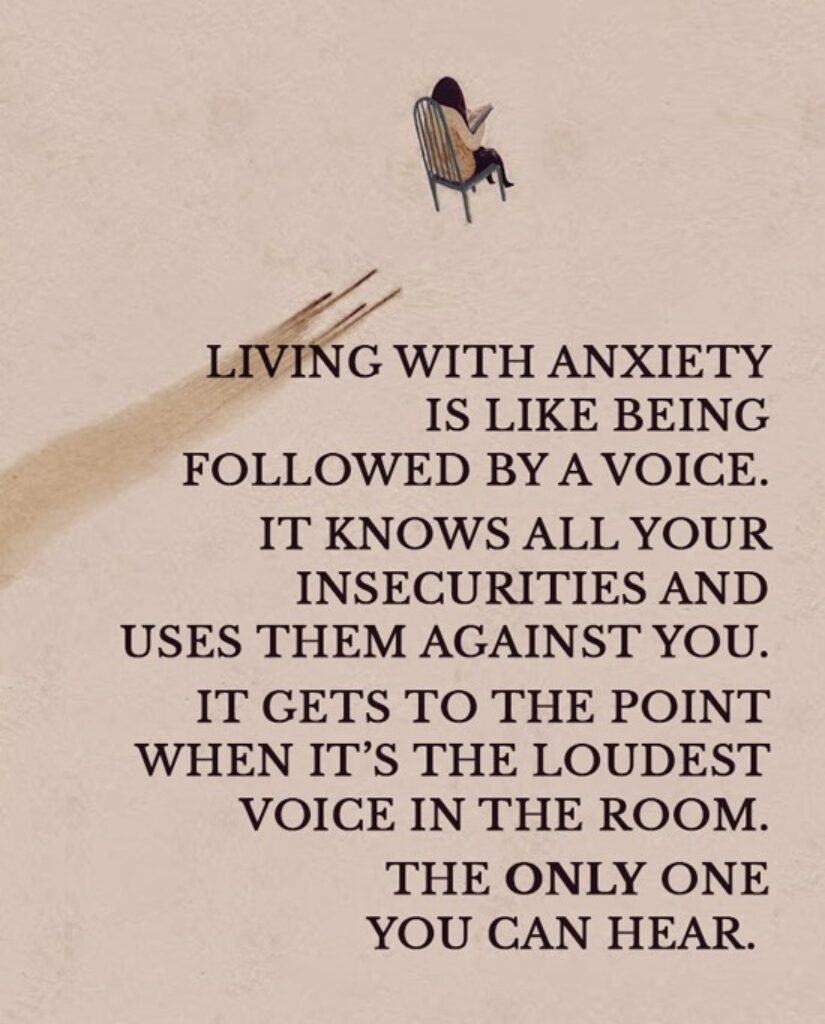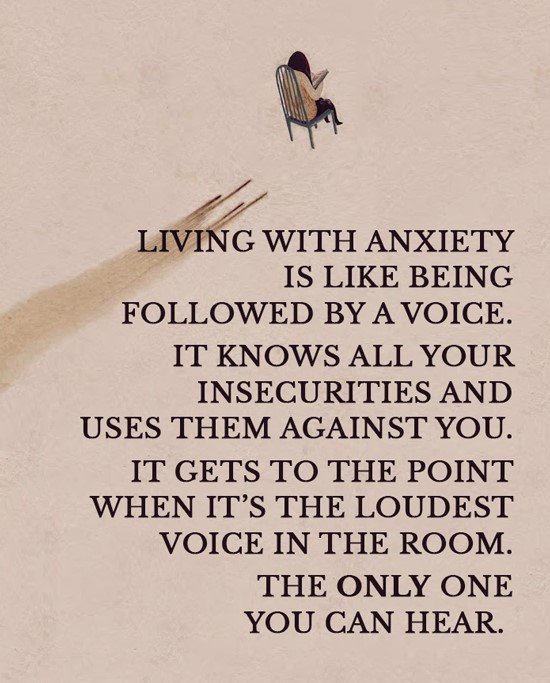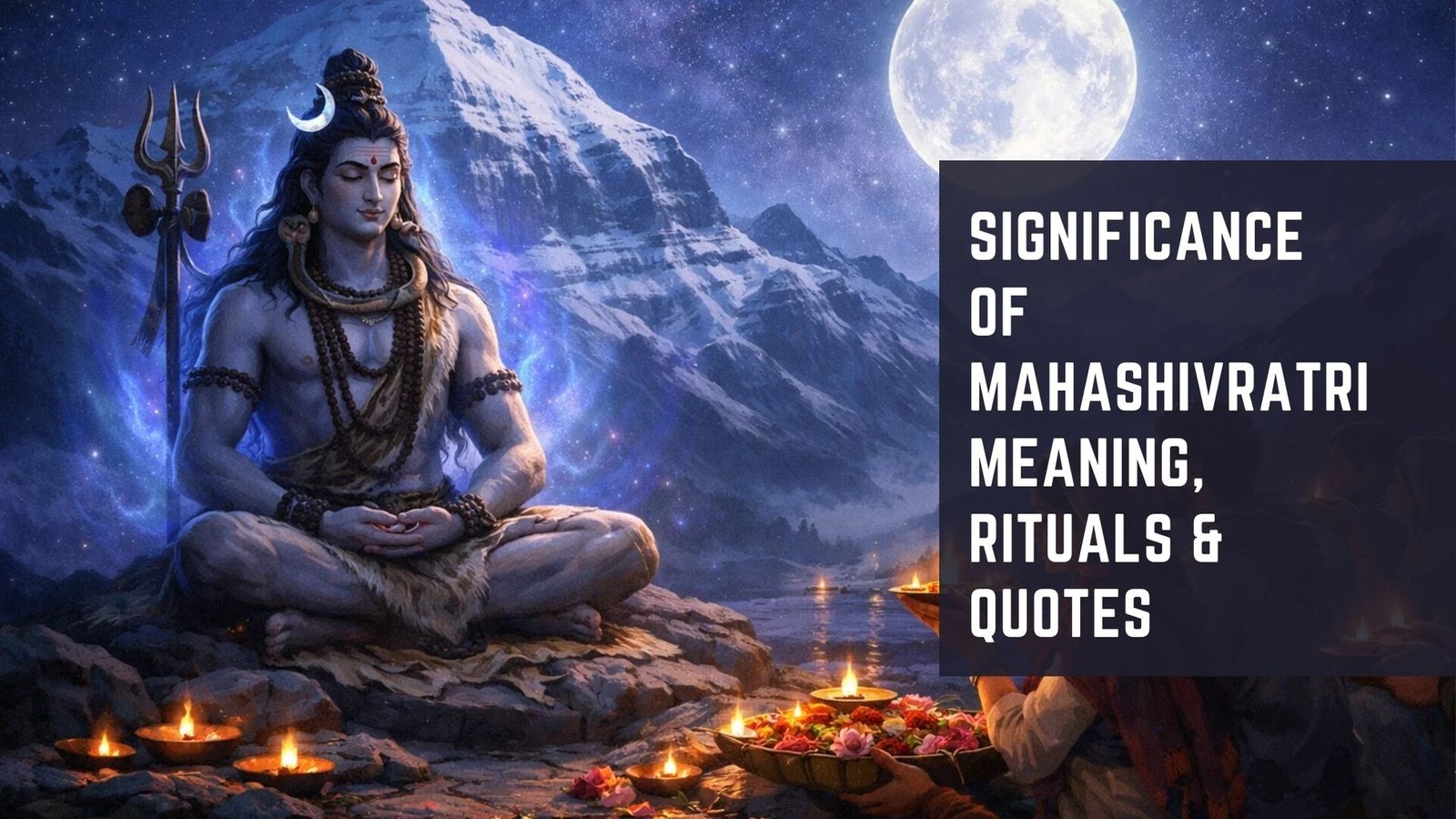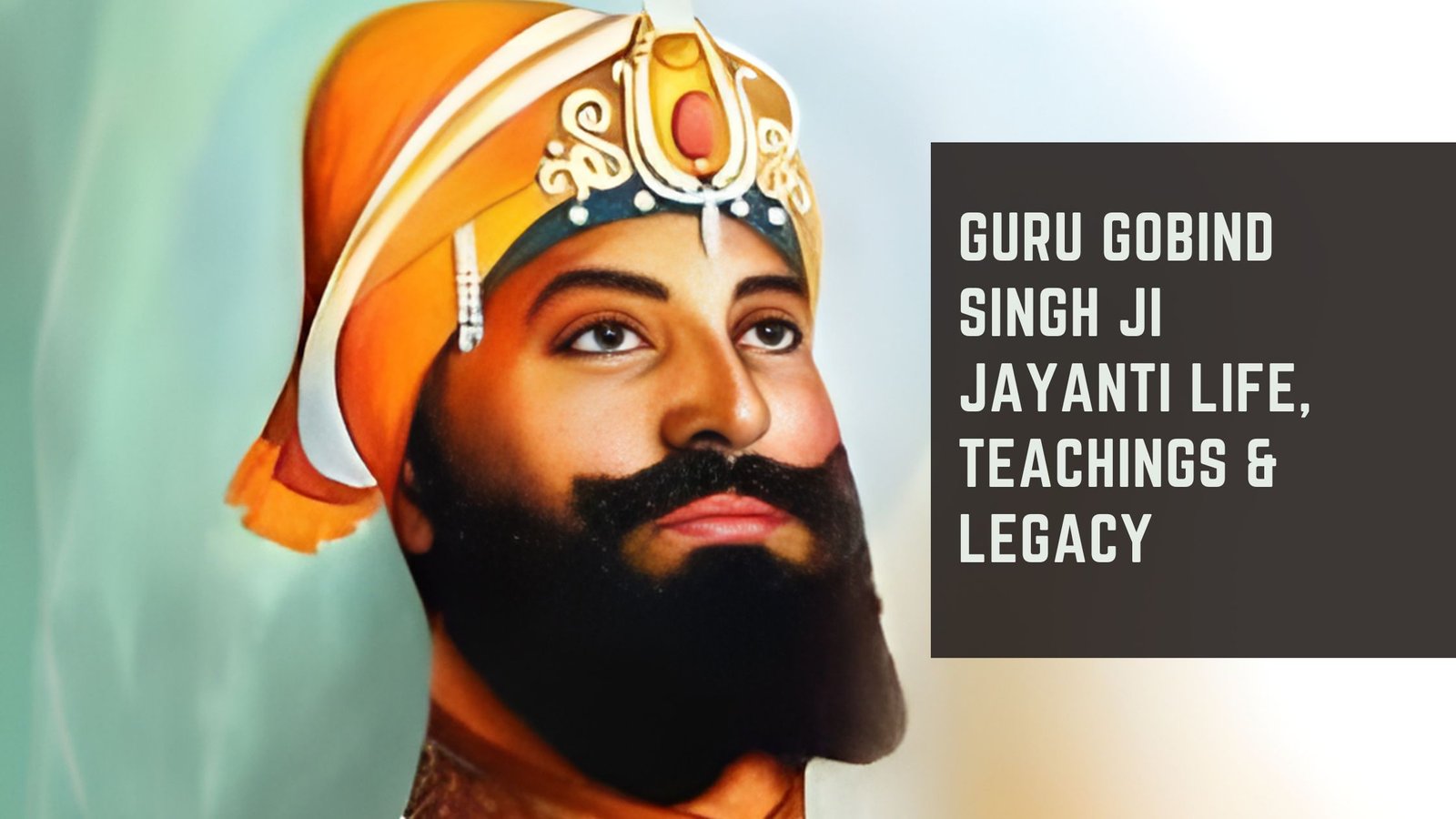The Voice of Anxiety is not just a passing feeling of nervousness; it is an inner voice that speaks in whispers and echoes in roars. It is a constant companion, making itself known through doubt, fear, and insecurity. Many people struggle with this invisible force, feeling as though they are trapped in a cycle of self-doubt and apprehension.

Table of Contents
Understanding the Image: The Silent Struggle
The image beautifully captures the essence of living with anxiety. A lone individual sits on a chair, appearing small and isolated, while a shadowy force looms behind them. This imagery represents the way anxiety follows us, making its presence known even when we try to focus on something else. The long, ominous shadow symbolizes the weight of anxious thoughts, constantly creeping into one’s mind, influencing their actions, and dictating their emotions.
Key Interpretation of the Image:
- The seated person signifies isolation and introspection, as anxiety often makes people withdraw.
- The dark shadow represents the looming voice of anxiety that knows all our insecurities.
- The vast empty background shows how overwhelming anxiety can feel, making everything else seem insignificant.
The Nature of Anxiety’s Voice
1. Anxiety Knows Your Weaknesses
Anxiety is like an internal voice that whispers our worst fears. It magnifies our doubts, making us believe in our shortcomings rather than our strengths.
Spiritual Perspective:
In many spiritual traditions, anxiety is viewed as an illusion, a distraction from the present moment. The Bhagavad Gita states:
“For one who has conquered the mind, the mind is the best of friends; but for one who has failed to do so, his very mind will be the greatest enemy.”
This means that anxiety thrives when the mind is not controlled, but it can be tamed through mindfulness and spiritual awareness.
2. The Loudest Voice in the Room
There are moments when anxiety becomes so overwhelming that it drowns out all rational thoughts. It convinces us that failure is inevitable, that we are not good enough, and that danger lurks around every corner.
Quote in Different Languages:
- English: “Fear is a reaction. Courage is a decision.” – Winston Churchill
- Hindi: “चिंता करने से कल की समस्याएँ हल नहीं होती, आज की शांति जरूर चली जाती है।” (Worrying does not solve tomorrow’s problems, but it does steal today’s peace.)
Overcoming the Voice of Anxiety Through Spirituality
1. Mindfulness and Meditation
Practices like meditation and mindfulness help quiet the anxious mind. When we focus on our breath and stay present, the voice of anxiety loses its power.
Spiritual Insight: In Buddhism, mindfulness is the key to overcoming suffering. The Buddha said:
“The mind is everything. What you think you become.”
2. Faith and Surrender
Many religious teachings emphasize surrendering worries to a higher power. Whether through prayer, chanting, or seeking guidance, faith can ease the burden of anxiety.
Biblical Reference:
“Cast all your anxiety on Him because He cares for you.” (1 Peter 5:7)
3. Gratitude and Positivity
Replacing anxious thoughts with gratitude can shift our perspective. Keeping a gratitude journal or reciting daily affirmations helps in rewiring the mind.
Affirmation:
“I am not my thoughts; I am the awareness behind them.”
Conclusion: Finding Peace Amidst Anxiety
The voice of anxiety may feel overpowering, but it is not invincible. With spiritual practices, self-awareness, and a shift in mindset, we can reclaim our inner peace. The key lies in recognizing that anxiety is not our identity—it is merely a passing storm. The more we distance ourselves from its whispers, the closer we come to our true, calm, and centered self.
For more visit our website: thegita.in














